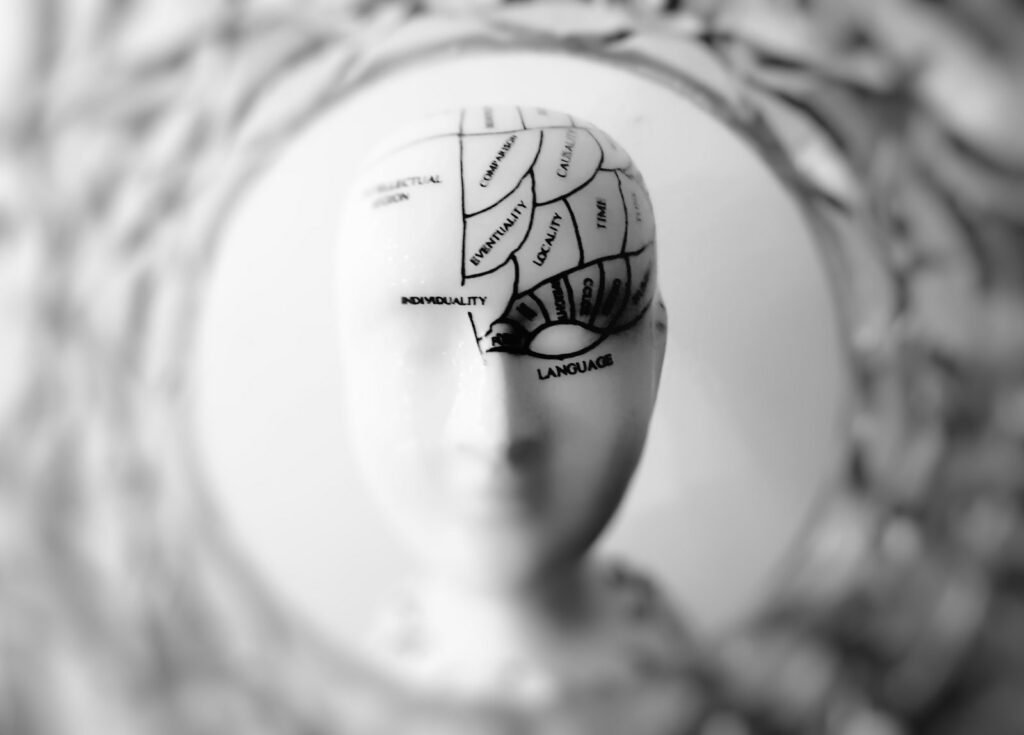Living and working in our modern world, we are confronted with a constant stream of ‚alternative facts ‘, propaganda, hoaxes, rumours, and advertising – while it becomes more and more difficult to distinguish fact from fiction to navigate the digital media world successfully.
Efforts to exploit media’s technical, social, economic, and institutional configurations can catalyze social change, sow dissent, and challenge the stability of social institutions. As recent events around the globe show, the participatory culture of the internet is not only constructive and social but also misused and abused to turn the strengths of a free society into vulnerabilities, ultimately threatening civil rights and freedoms. Therefore, in the Digital Age, Critical Media Literacy is no longer an option; it has become a mandatory skill for everyone using the internet.
This course introduces you to how to interpret the enormous amounts of information we are exposed to daily, both in traditional media and online.
Our main objective is to support learners in developing critical thinking and reading skills fundamental to becoming well-informed and discerning citizens.
This course will:
• provide an overview of the concepts of Media Literacy and Information Disorder, and critically approach the term fake news while applying methods for recognizing false information,
• provide valuable resources for University students (including prospective teachers),
• promote ways of reflecting examples of digital media culture critically, and finally,
• present opportunities for analyzing and interpreting the codes, conventions, and ideologies implicit in our media-saturated lives by revealing information about how to become a more critical consumer of the information we encounter every day. The examples provided in this course are taken from Europe and beyond.
The practicals and assessment will include several short quizzes, task-related participation in the discussion forum, and a final essay.
The course consists of the following four modules:
1. Introduction. What is Media Literacy, and why is it important? (Media; Literacy; Media Literacy; Communication and Media today; Fake News, Alternative Facts, Information Disorder)
2. Information Disorder: Challenges and Strategies (Elements and Typologies of Information Disorder, How to spot and stop manipulation online; practical assessment and verification tools; the C-R-A-A-P test to evaluate a website)
3. The Reach and Impact of Disinformation (Actors spreading disinformation; Incentives behind manipulation; Means and tools for manipulation)
4. Summary and Reflection/The Journey Continues (Final Quiz, Short Essay; Wrapping-Up; Feedback; Take-Away Bag)
PLEASE NOTE
• The course is self-learning or self-paced, which means that you alone direct the pace and intensity of your engagement with the class. From the moment the course content is activated in ILIAS, it is possible to join the course at any time.
• You can start learning immediately and study according to your schedule throughout the semester until the closing deadline.
• The learning contents are accessible to you around the clock, at least as long as you are logged in to ILIAS. The learning content is multimedia-based and goes beyond a mere collection of Pdfs. The entire course work and interactions within the course are carried out entirely via the internet on the ILIAS learning platform. The learning progress is displayed in ILIAS accordingly.

